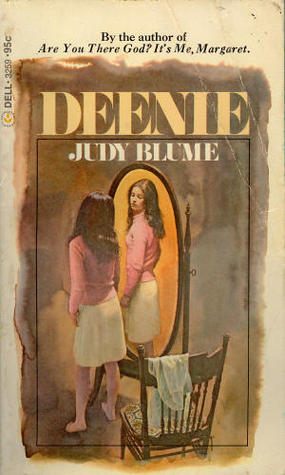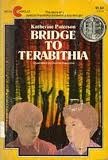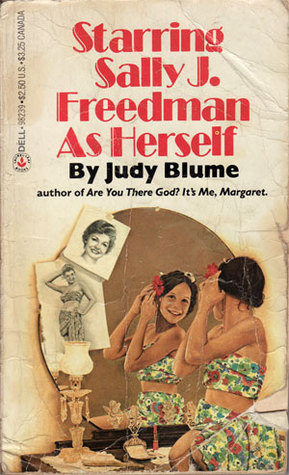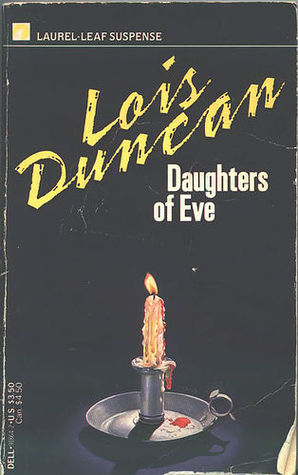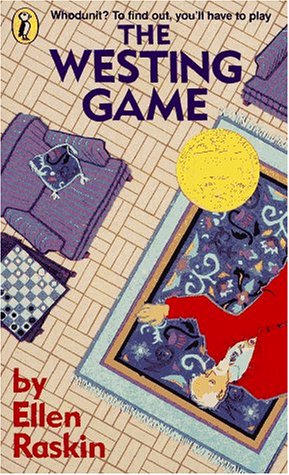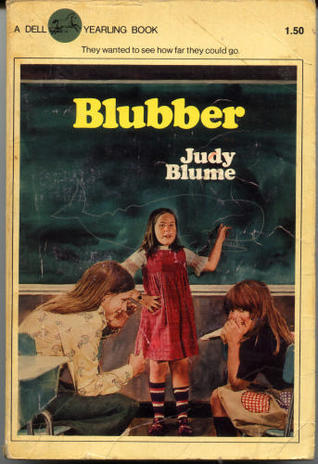I seem to have fallen RATHER behind on my movie entries, so this will be a crazy mash up. Buckle in; it’s going to be a bumpy ride.
The Cabin in the Woods (2012) Written by Joss Whedon. Both an homage and a send up of horror movies. A lot of fun, if you can stomach scary movies. Like a 90-minute, really good episode of Buffy with lots of Whedon alums.
Working Girl (1988) Oh, the hair and the fashions. Young Alec Baldwin, with chest hair so thick you could lose small items in it. Melanie Griffith, whose breathy girly voice works, and she even carries the movie, though with plenty of help from Joan Cusack, Harrison Ford and Sigourney. I’m including quotes for those of you who will smile at them. If you haven’t seen the movie, or don’t remember it, rent now!
Cusack, in one of her earliest “less good looking but funnier friend” roles:
Sometimes I sing and dance around the house in my underwear. Doesn’t make me Madonna. Never will.
Six thousand dollars? It’s not even leather!
Handsome, rakish Harrison Ford (oh, the shirt-changing scene):
[the morning after Tess passed out from drinking]
Tess McGill: What did happen, exactly?
Jack Trainer: The earth moved. The angels wept. The Polaroids are, are, uh… [gropes about in his coat pockets]
Jack Trainer: are in my other coat. [Grins]
Jack Trainer: Nothing happened. Nothing happened!
Harpyish Sigourney:
Why that little… slut! Bitch! Secretary!
A really good romantic comedy, which is a scarce commodity these days.
Iron Giant (1999) I love this film. We watched it with the boys. They really liked it.
Coraline (2009) Watched with the kids. Liked, but didn’t love it.
Slings and Arrows Season 3. The last season of this Canadian series about the wacky adventures of a Canadian theater. Not as good as Seasons 1 and 2, as it’s repetitive. Might have been better at just 4 episodes, not 6. Canadians pronounce the word “sorry” in a way that’s strange to my ears, and they say it A LOT in this series.
The Incredible Hulk (2008) aka the Edward Norton, not the Ang Lee one. Decent. Like the other Marvel superhero movies we watched, a solid B movie.
Take Shelter (2011) A moody, weird movie, slow but engaging with great performances. A man is having really bad dreams; is he crazy, or a visionary?
Tiny Furniture (2010) Odd little indie. Has that weird, uncomfortable, self-conscious vibe of Woody Allen movies. But funny, and oddly sweet at times.
And finally,
Cowboy Bebop (the television series)
The series became a cult classic and later came to be regarded as a masterpiece. Cowboy Bebop is now considered to be one of the greatest and most influential anime of all time. It garnered major science fiction awards and has received universal praise for its characters, story, strong voice acting, animation and soundtrack.
We watched all 26 “sessions” as well as Session 0. Entertaining and involving, though uneven as most series are (I liked the mythology episodes and ones with Ed and Ein best, and disliked the Jet backstories) but visually and musically striking. A CLEAR influence on Joss Whedon’s Firefly. No space hookers, though, for which I was grateful. In fact, no hookers at all. Woo hoo!
Hey, there was no dud in this bunch. Again, woo hoo!

